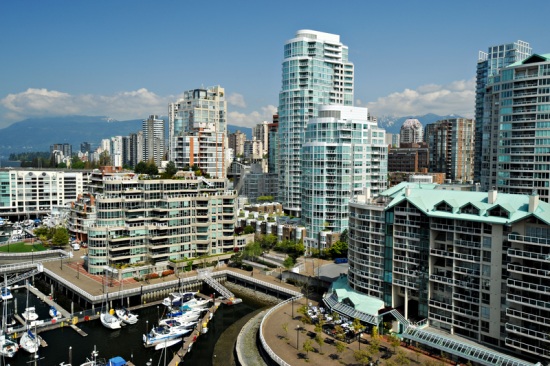Canada’s real estate industry is expected to continue to perform well into next year, according to a forecast released by BMO Economics. Interest rates are expected to stay low in the medium term, which is another reason Canadian commercial properties are appealing to investors at present.

The market did experience a long and protracted downturn in the 1990s, but the commercial real estate industry in Canada now has a number of factors which make it an attractive choice for investors, including:
Canada’s steady employment growth is reducing the commercial vacancy rate. U.S. retailers are looking to expand to the north, as they see this market as underserved. These developments are taking place against the backdrop of the country’s stable financial institutions and large, well-funded investors.
Demand is particularly strong at this time for owner-occupied commercial properties. The business can occupy part of the property and rent out a portion of the space to earn income.
The BMO forecast for commercial real estate revealed that the Toronto market showed significant signs of recovery in 2011, built on a firm foundation of business and consumer confidence. Other bright spots included the financial services and the manufacturing industries.
Vancouver saw higher pricing due to a continued lack of supply in the commercial real estate market. Lower bond prices and volatility in the stock market is driving more investors into the commercial property market.
Calgary has experienced a rebound in the local economy since the last recession. Employment and retail growth are strong, as well as investment in the resource-based sector.
Vacancy rates in Montreal fell from almost 11 per cent in 2010 to 8.2 per cent by the end of 2011. By the first quarter of 2012, they rose to 9.2 per cent due to higher unemployment in the professional and business services categories. Recovery in the second quarter, as well as growth in the financial services industry, as well as a limited amount of new supply should stabilize the market in the city.
Previous Post
Shanaze Reade Rides into the Final